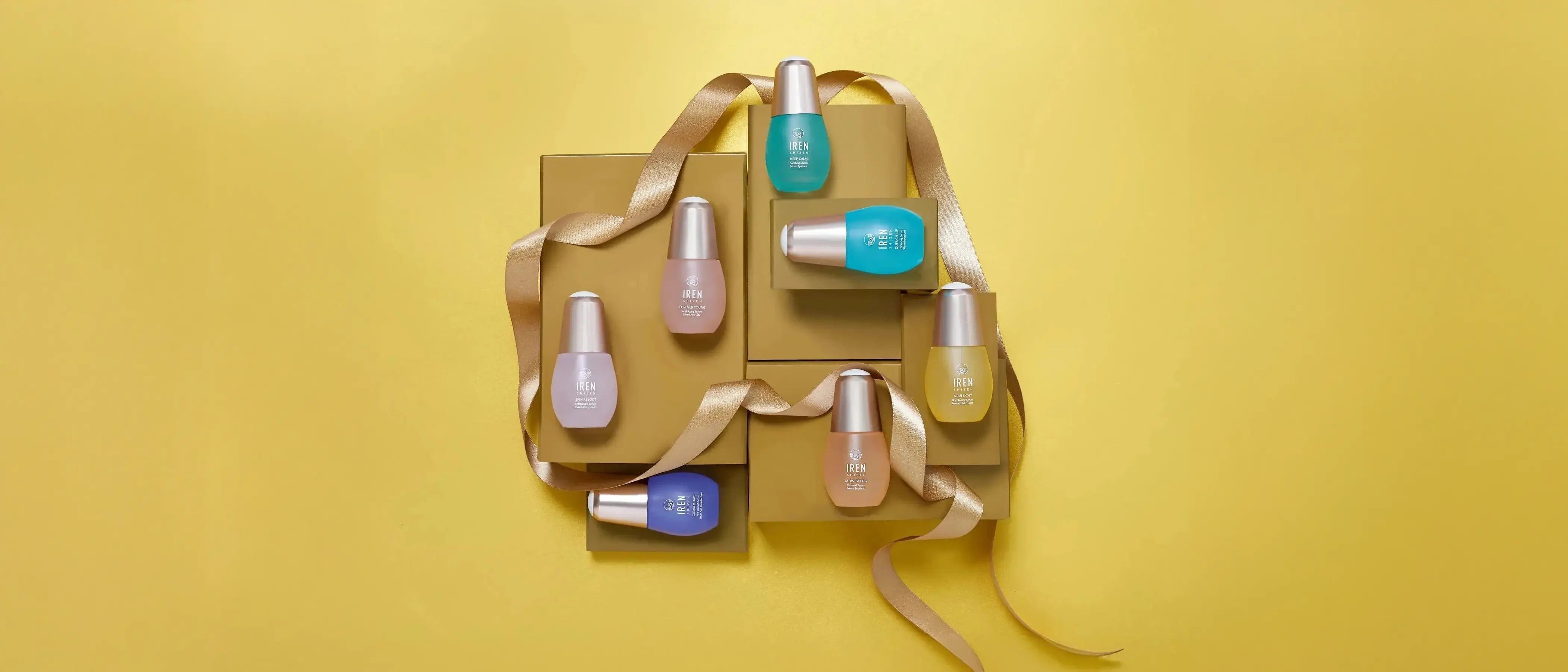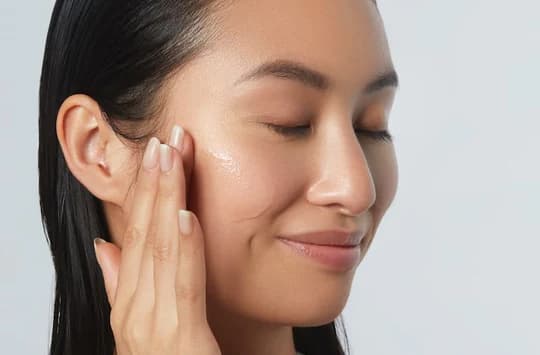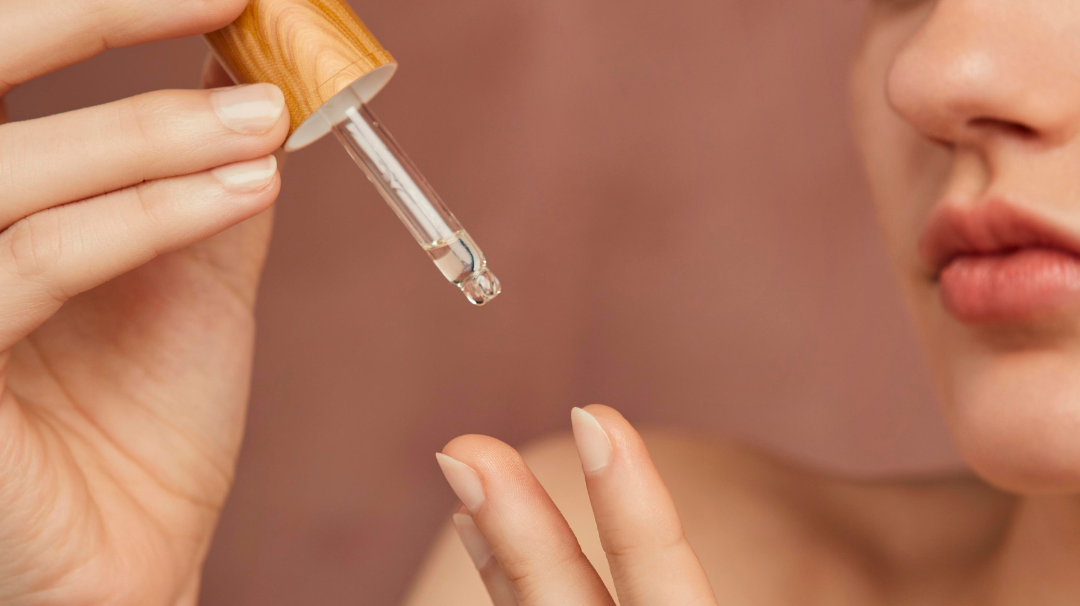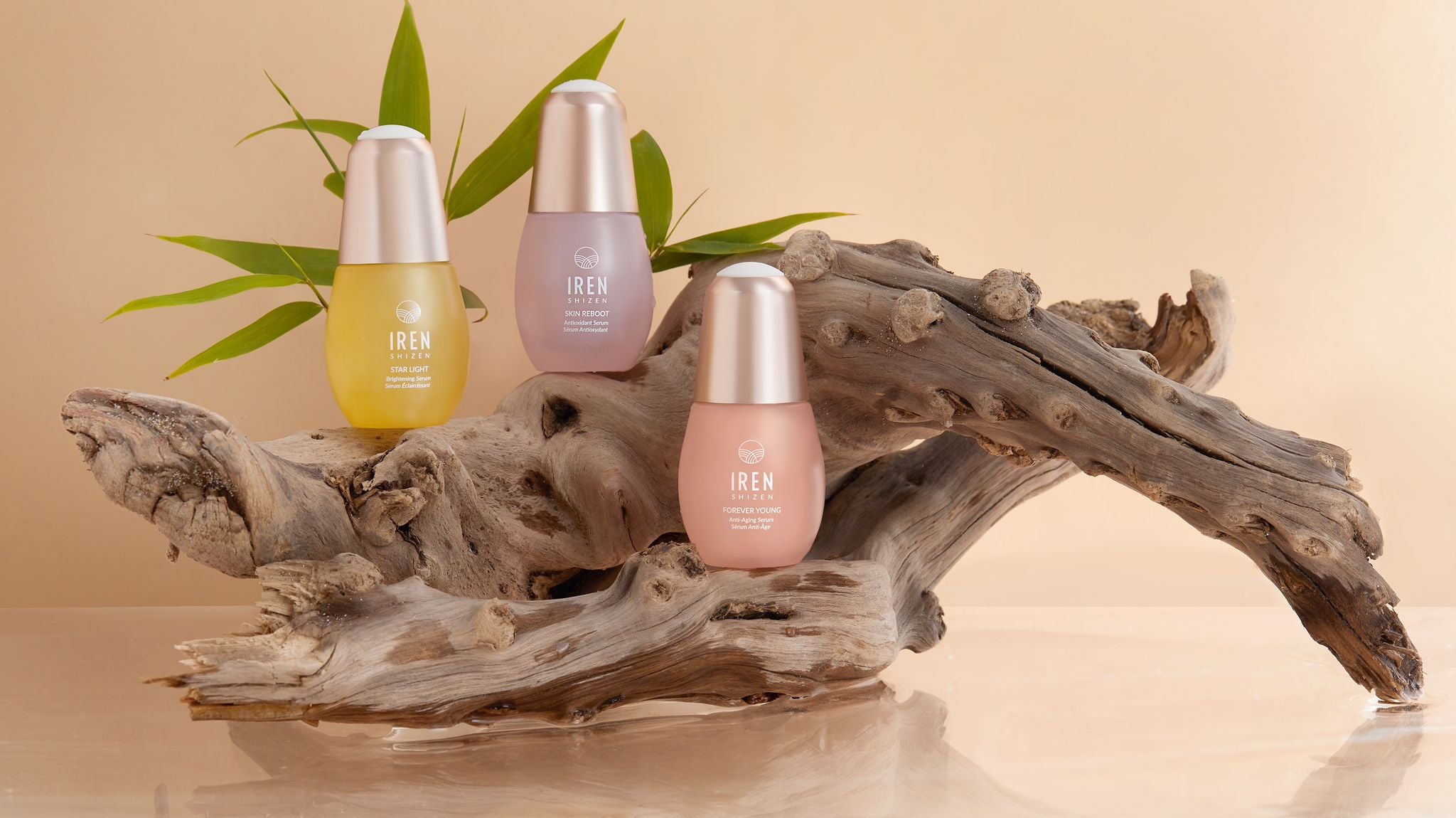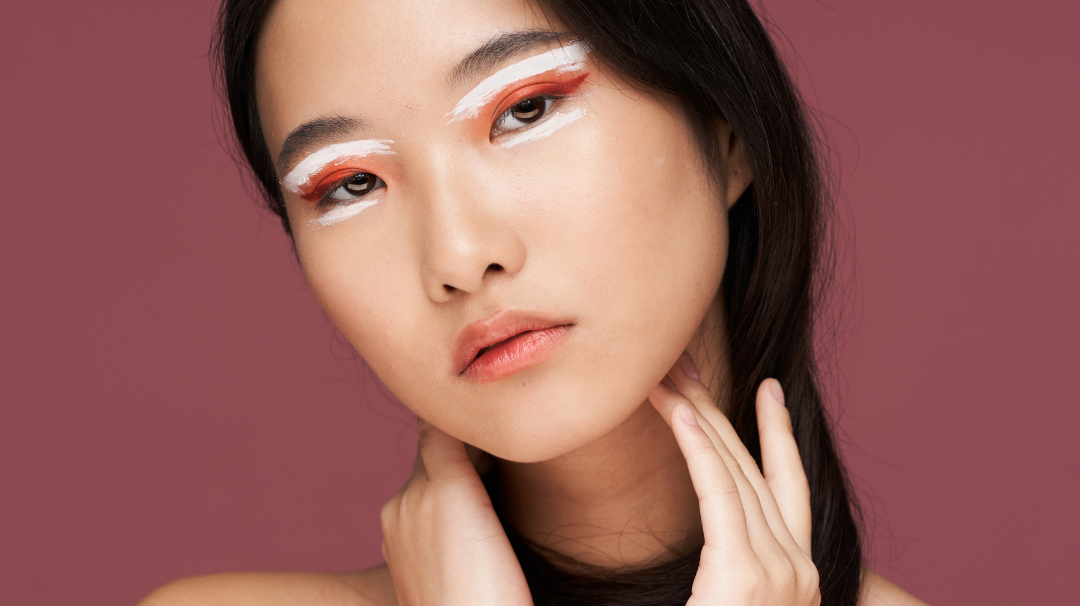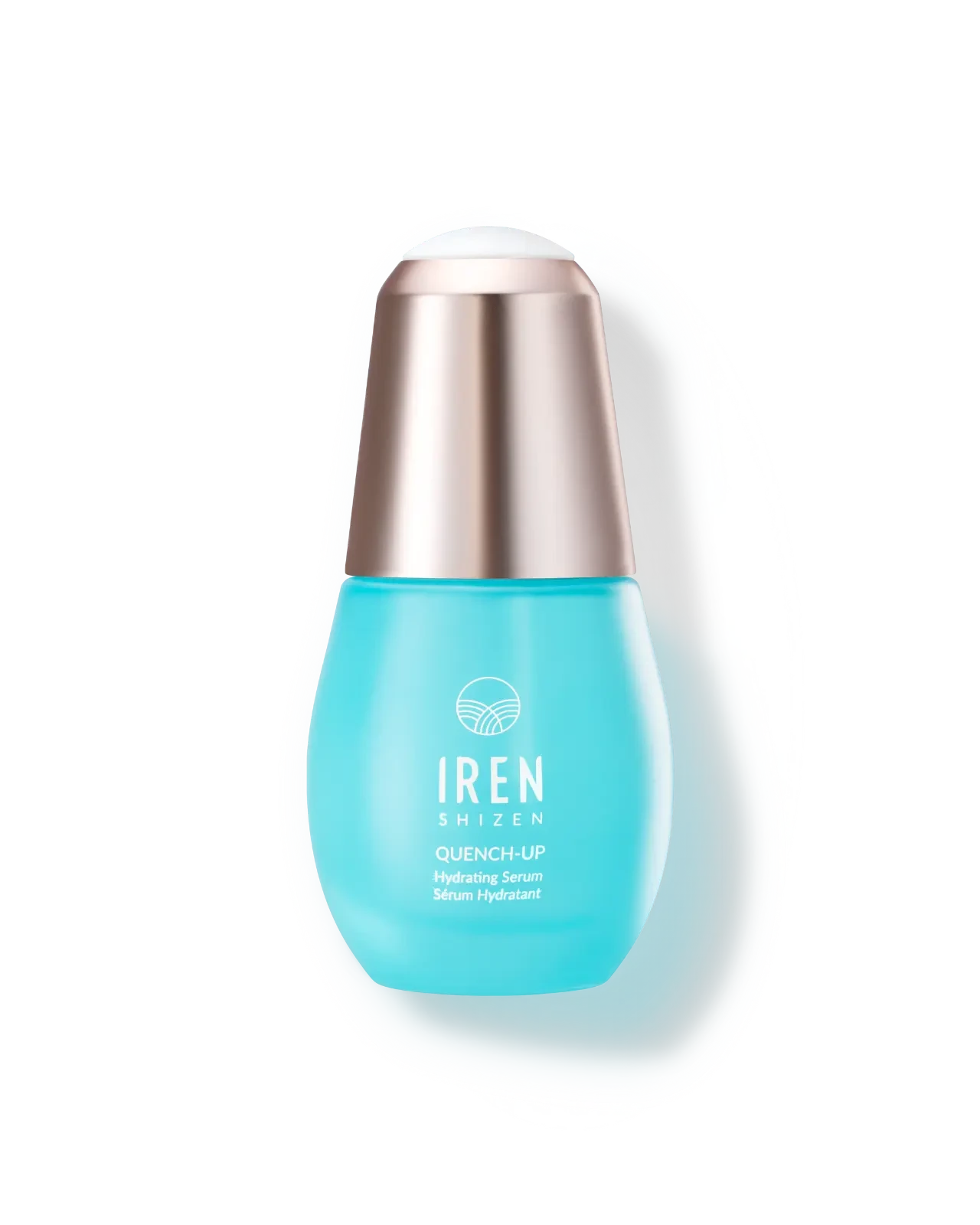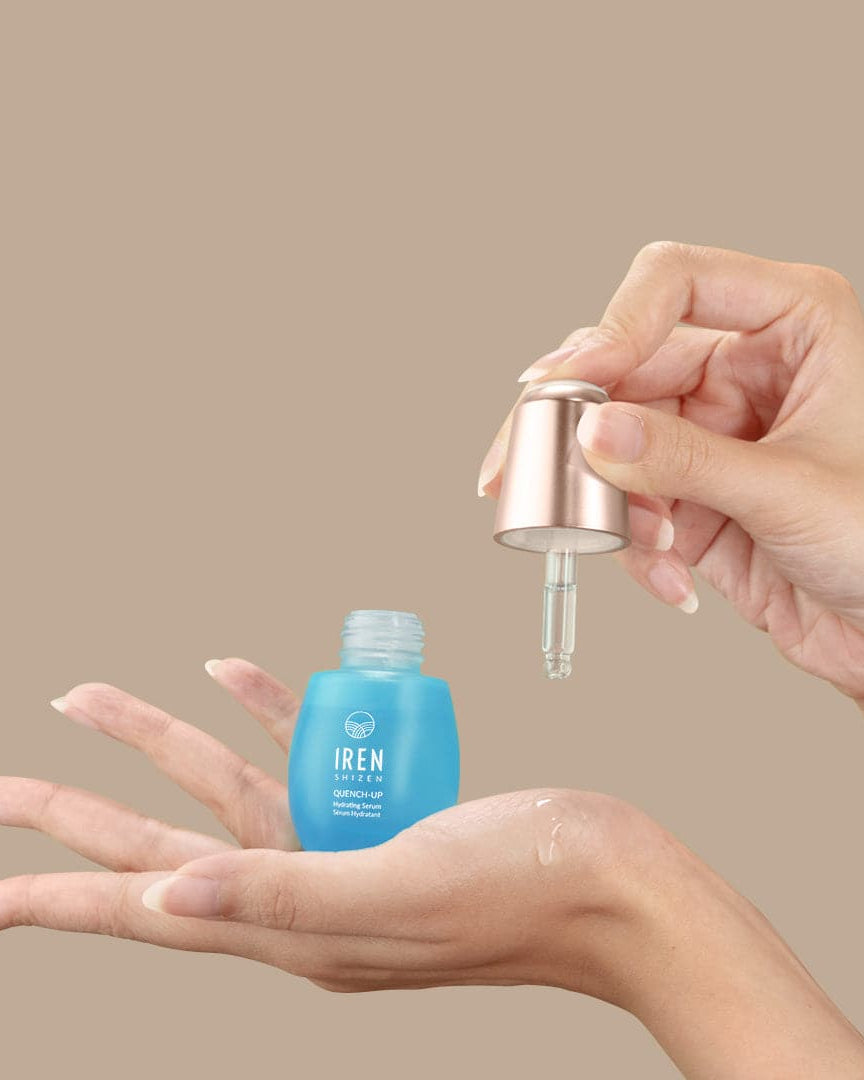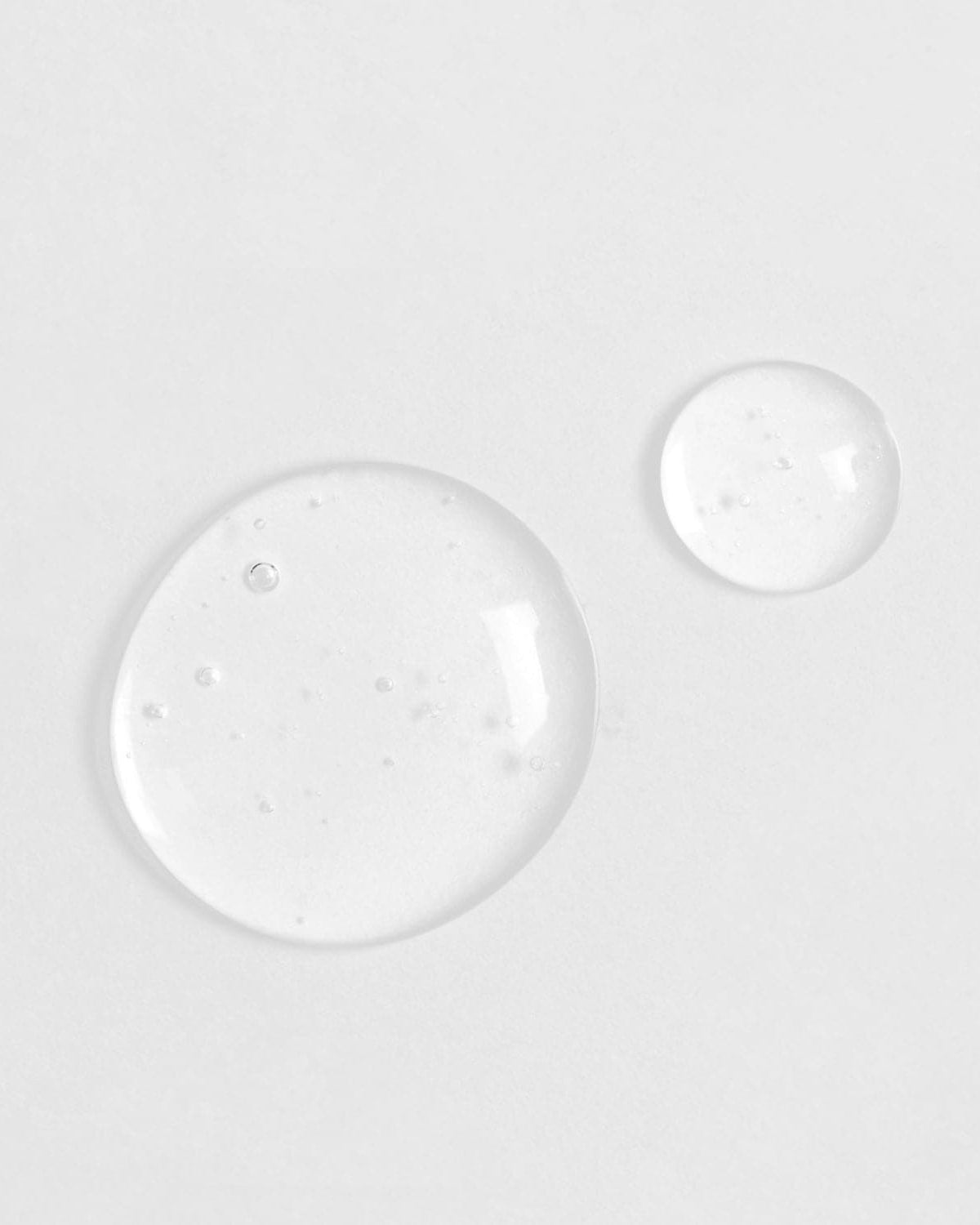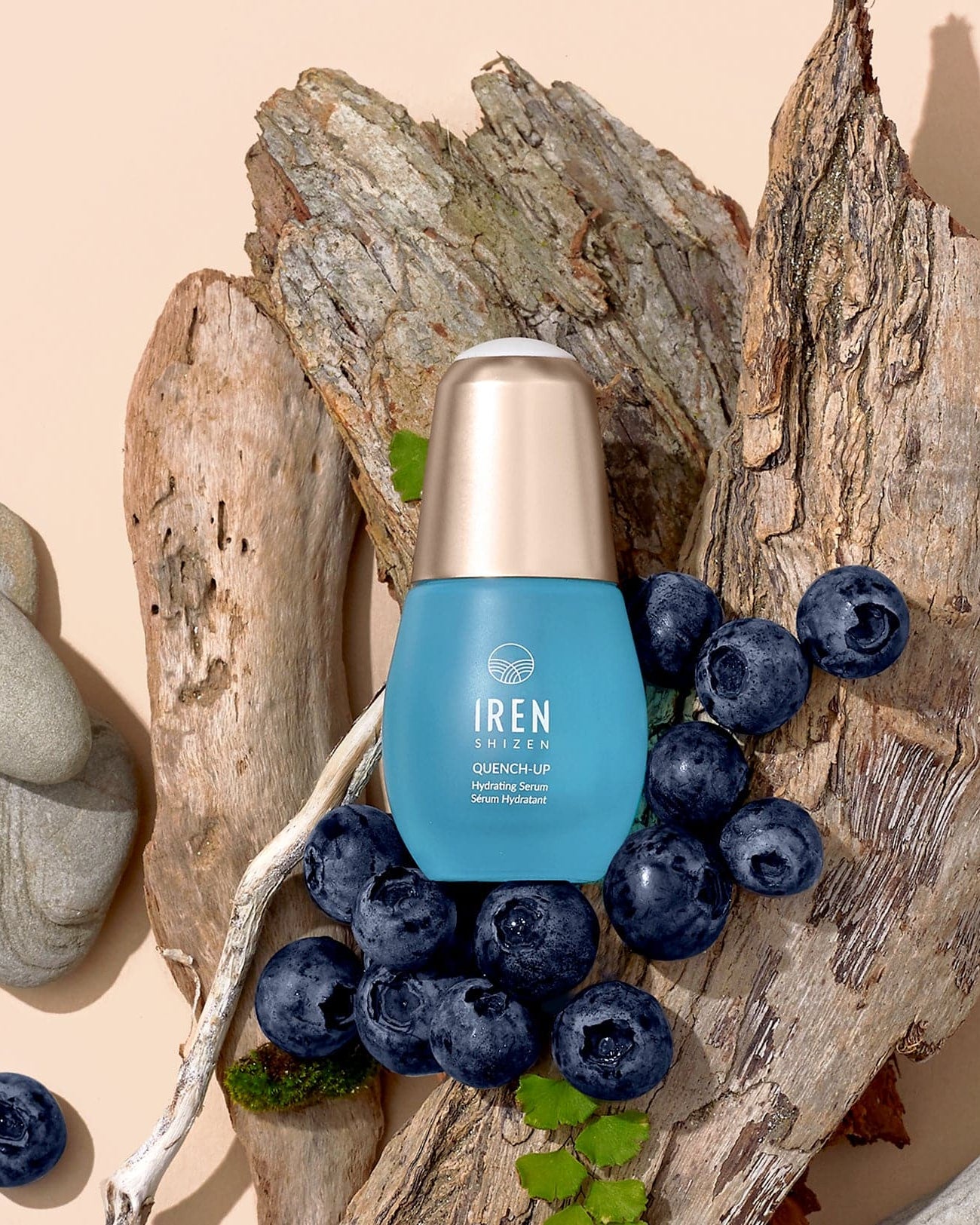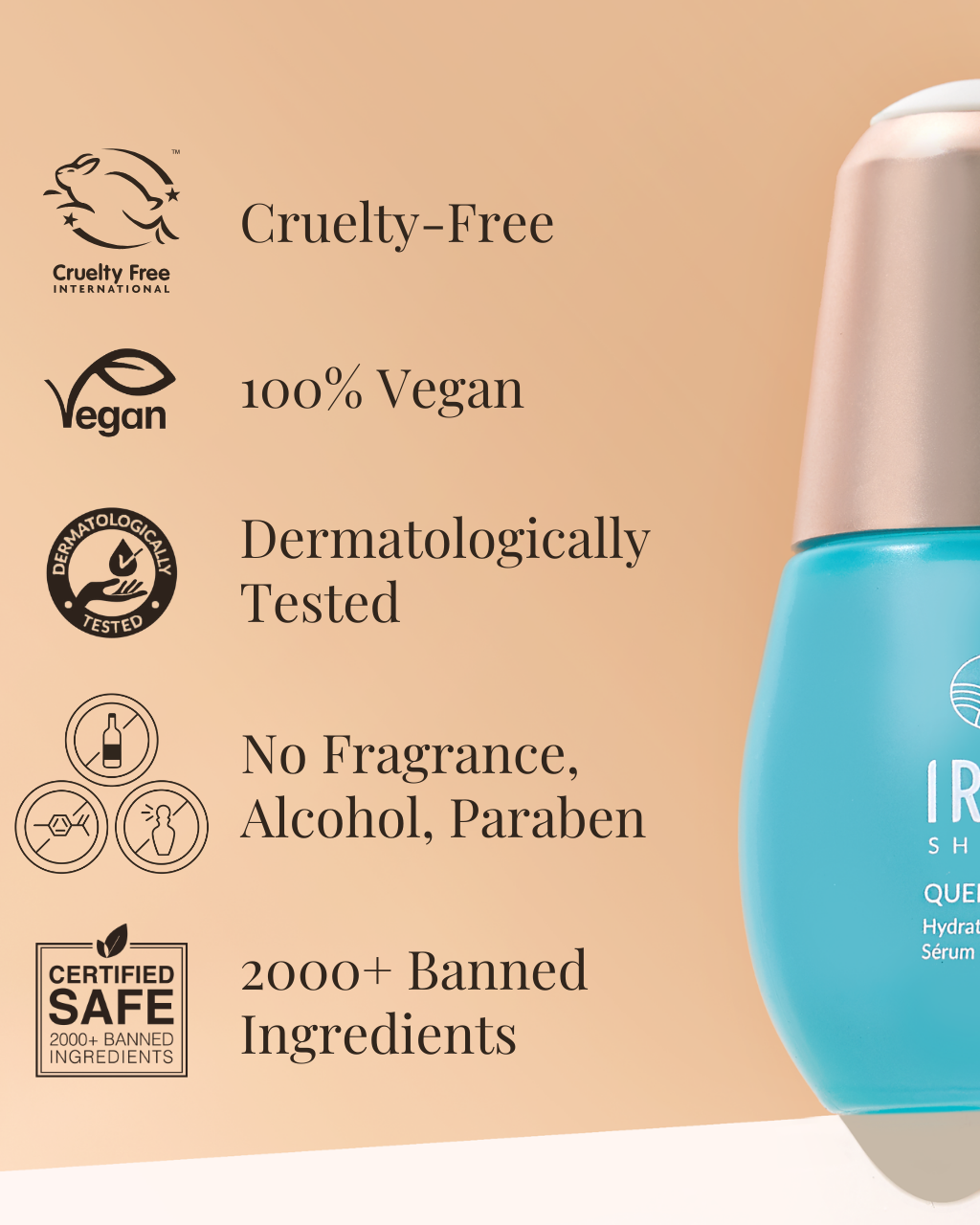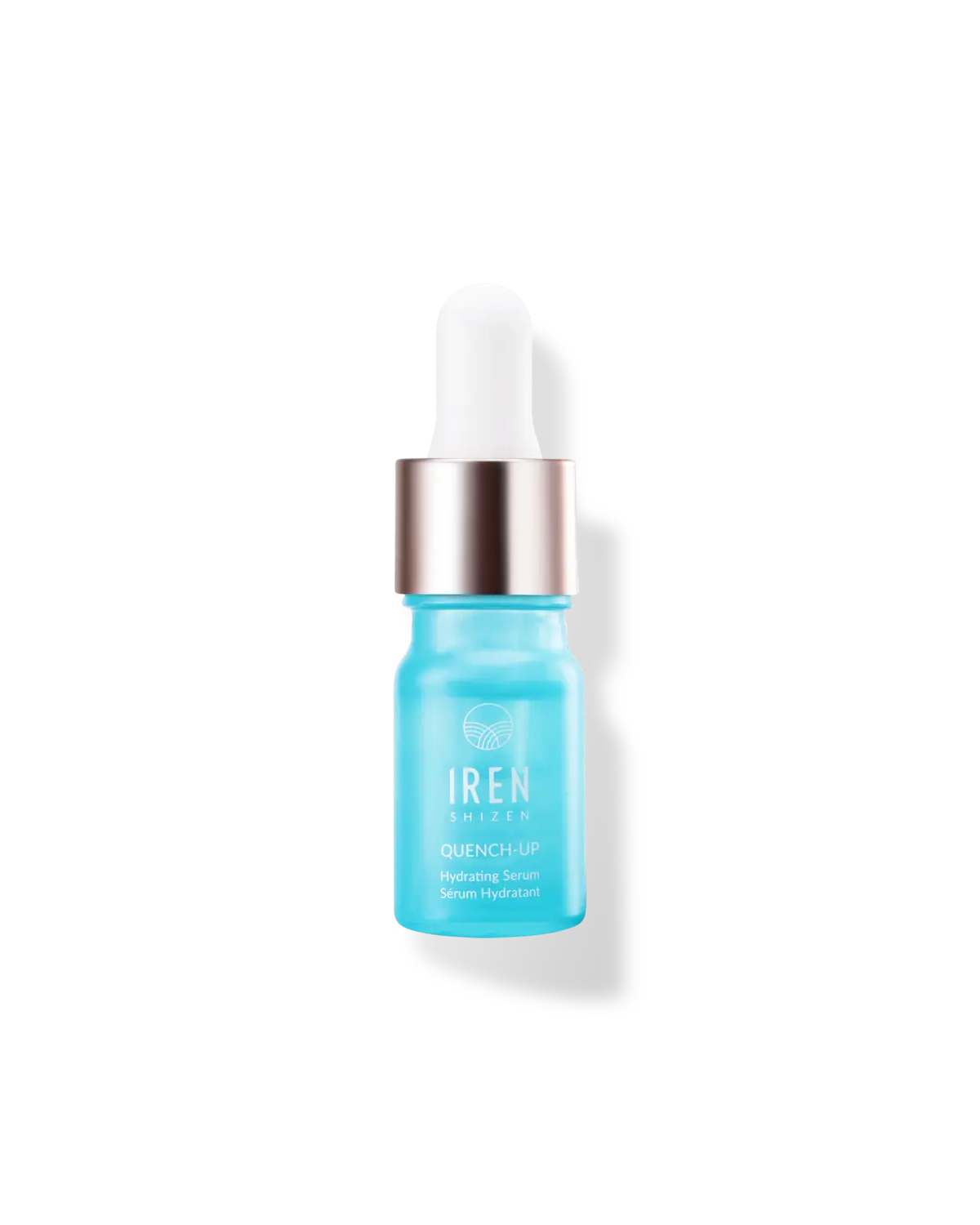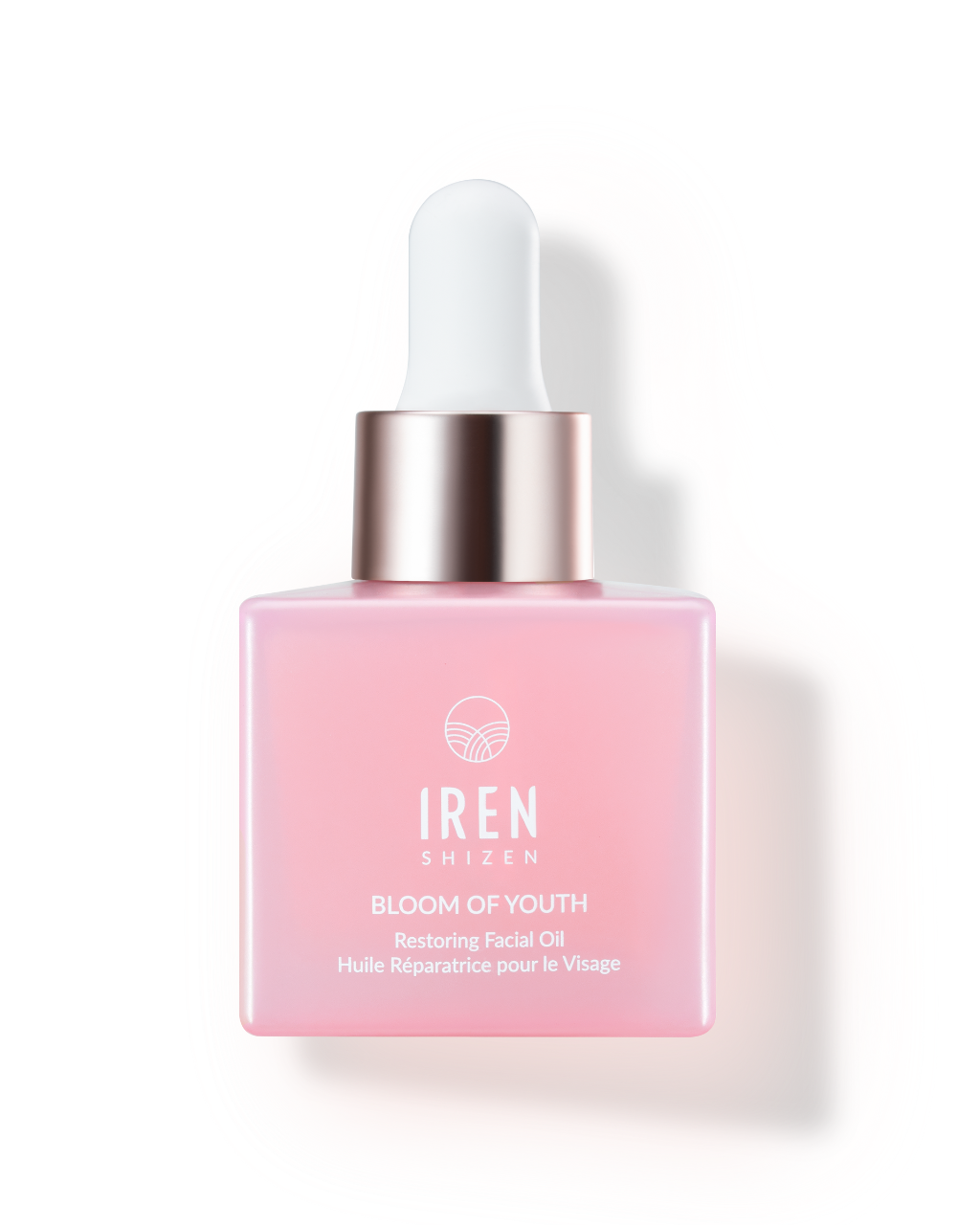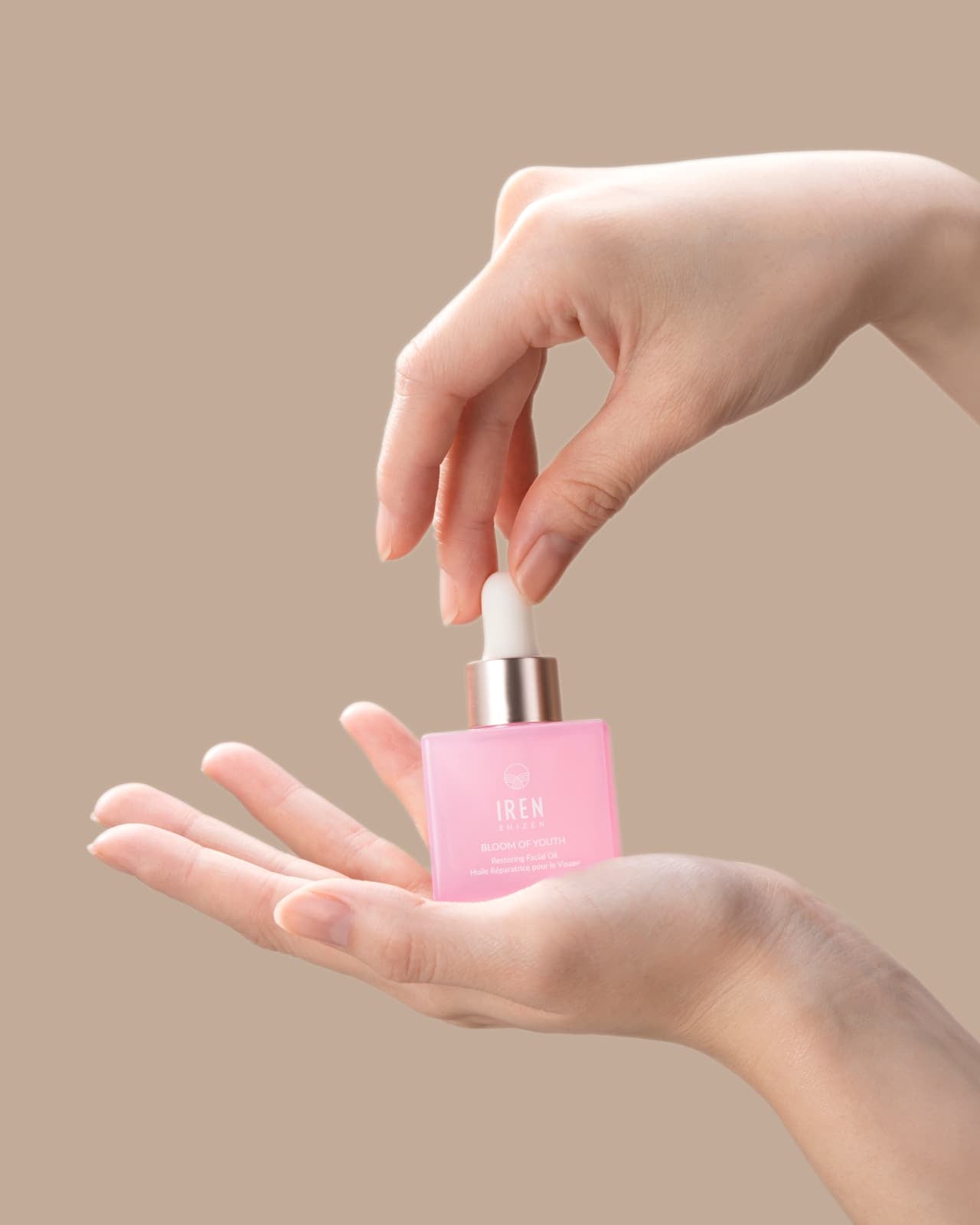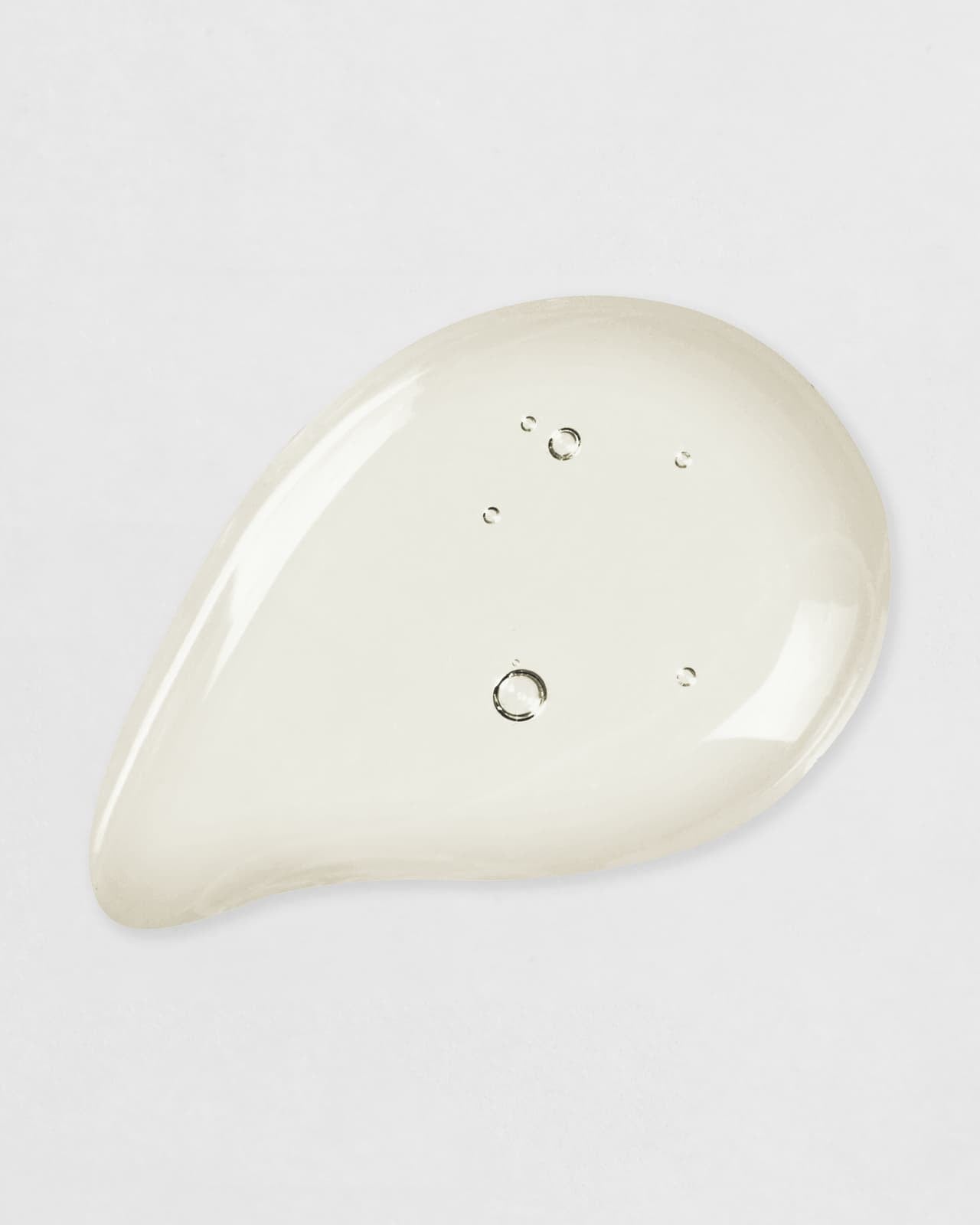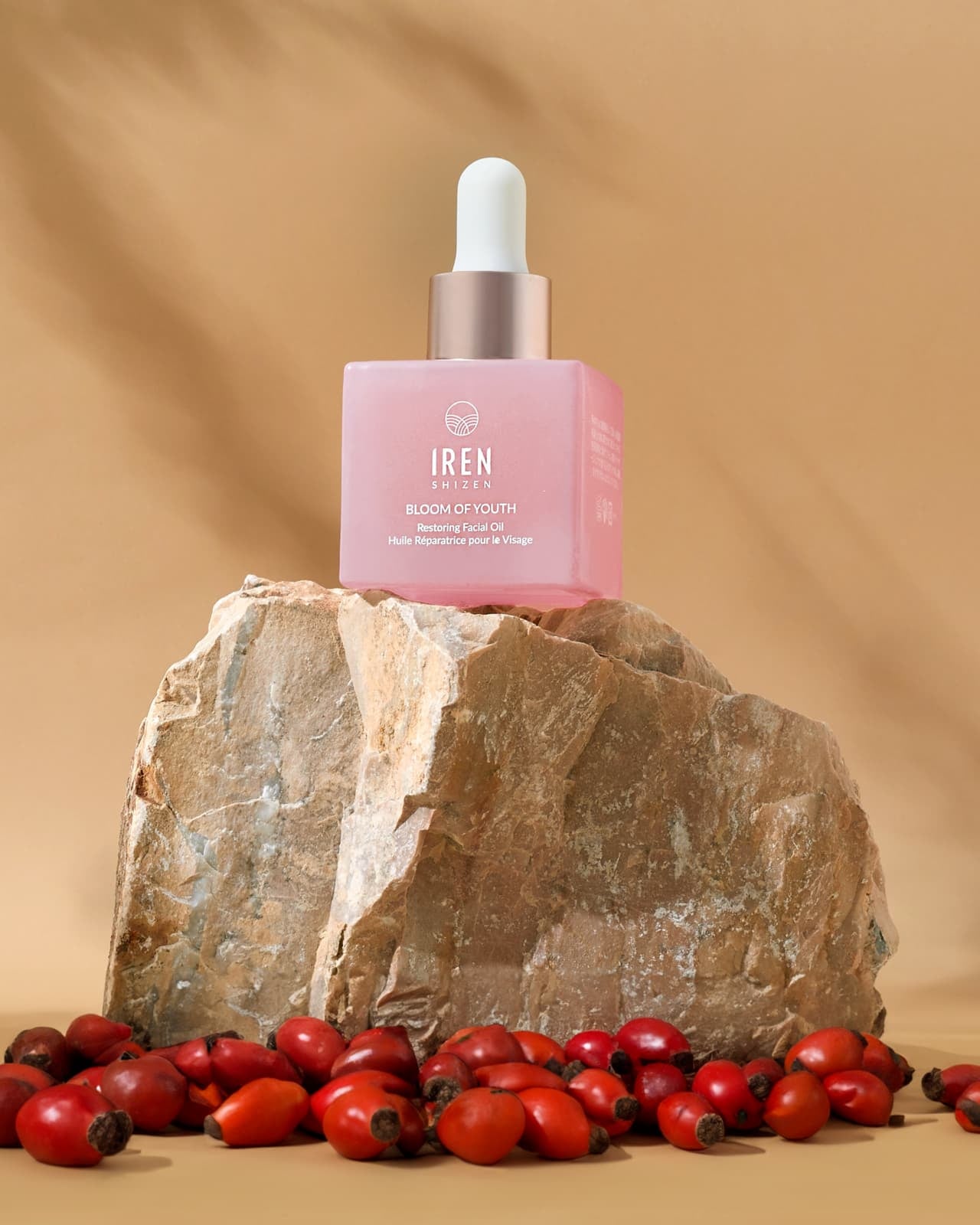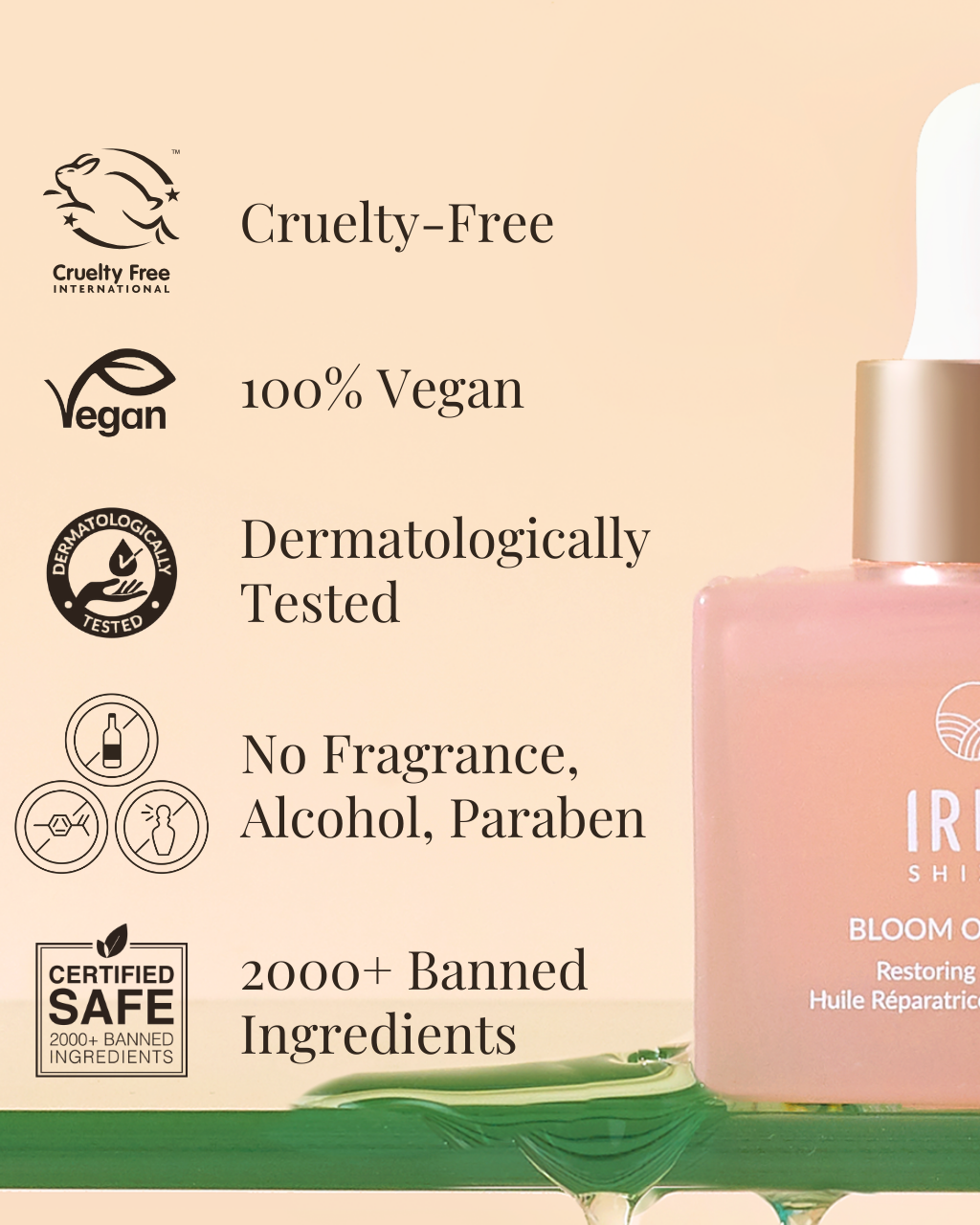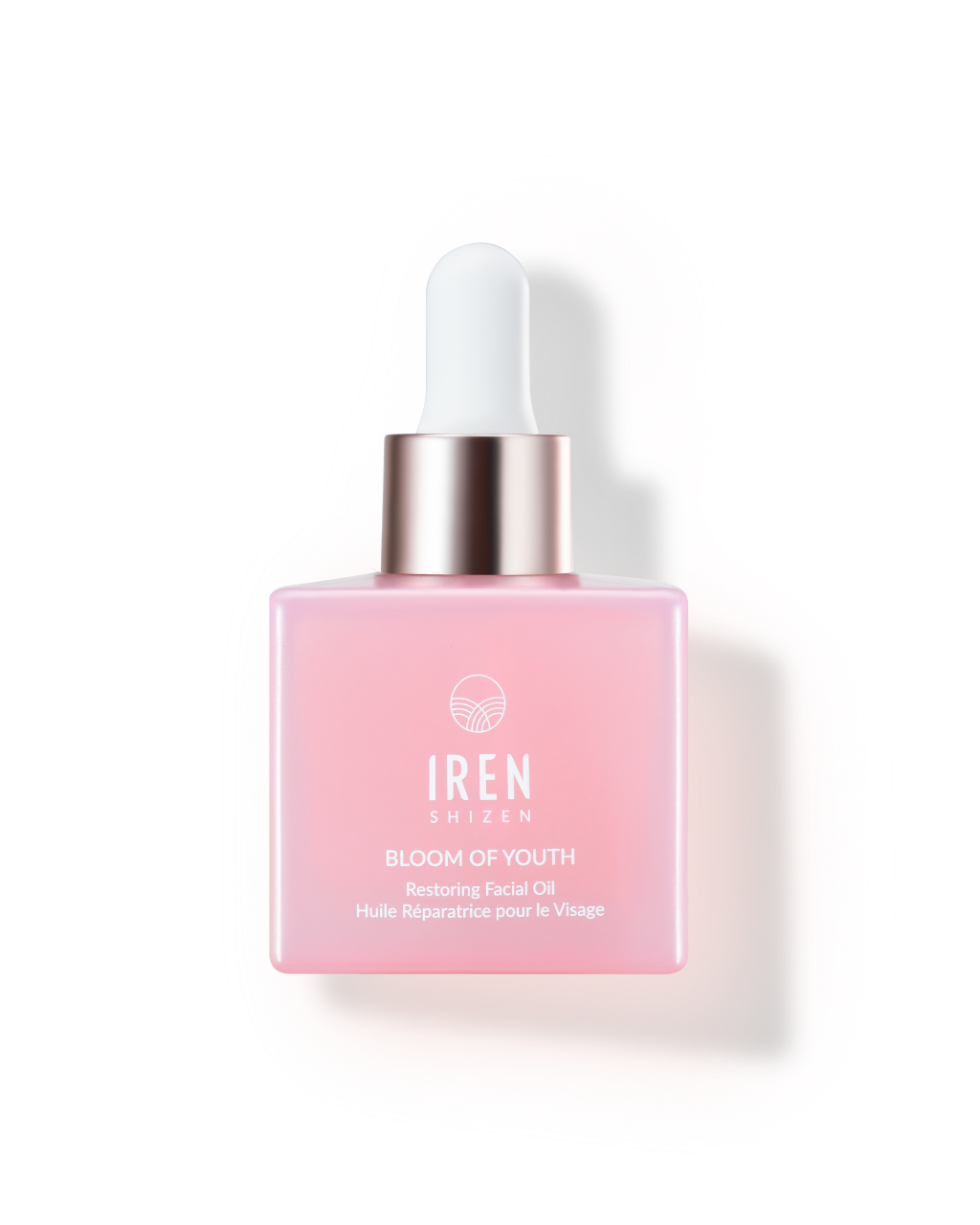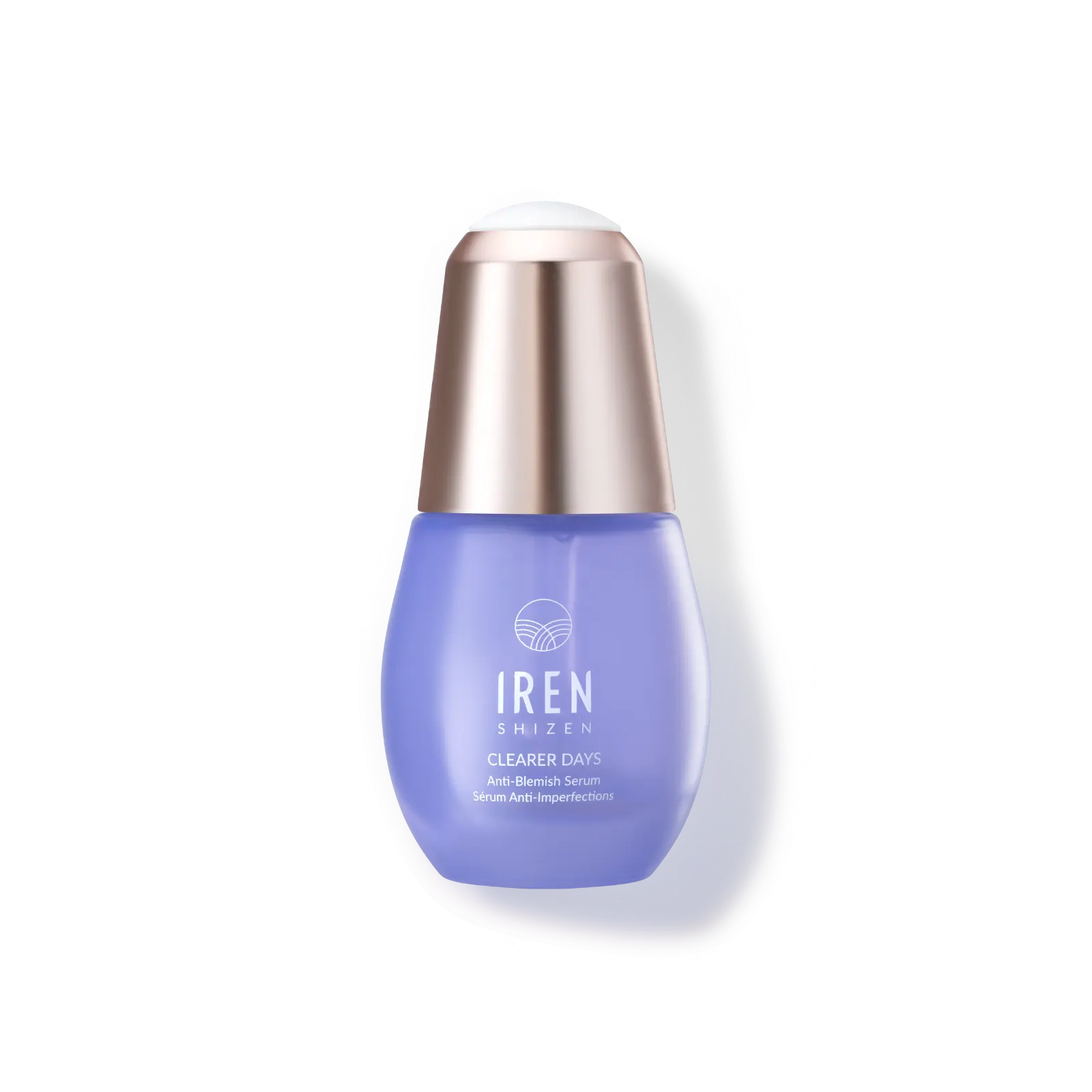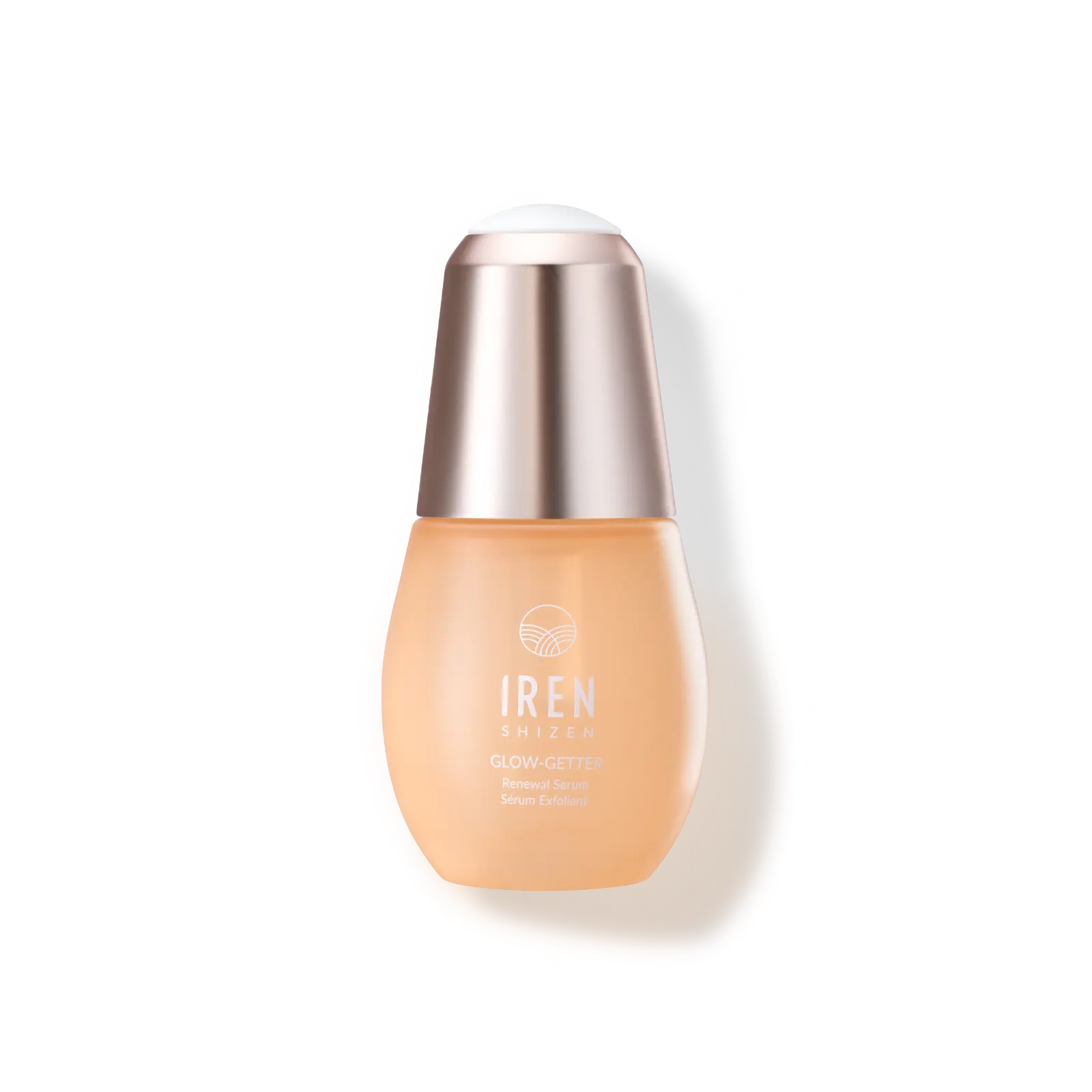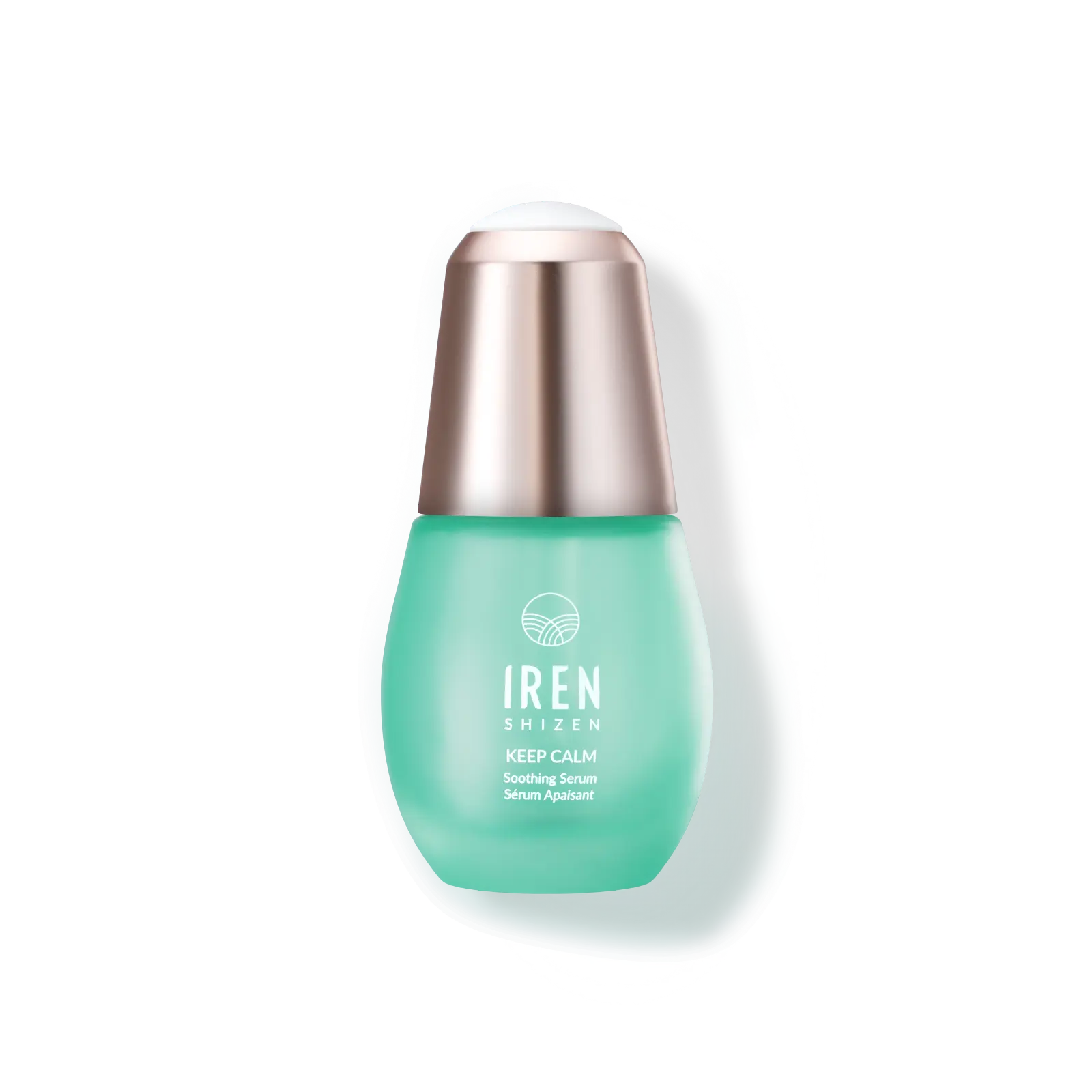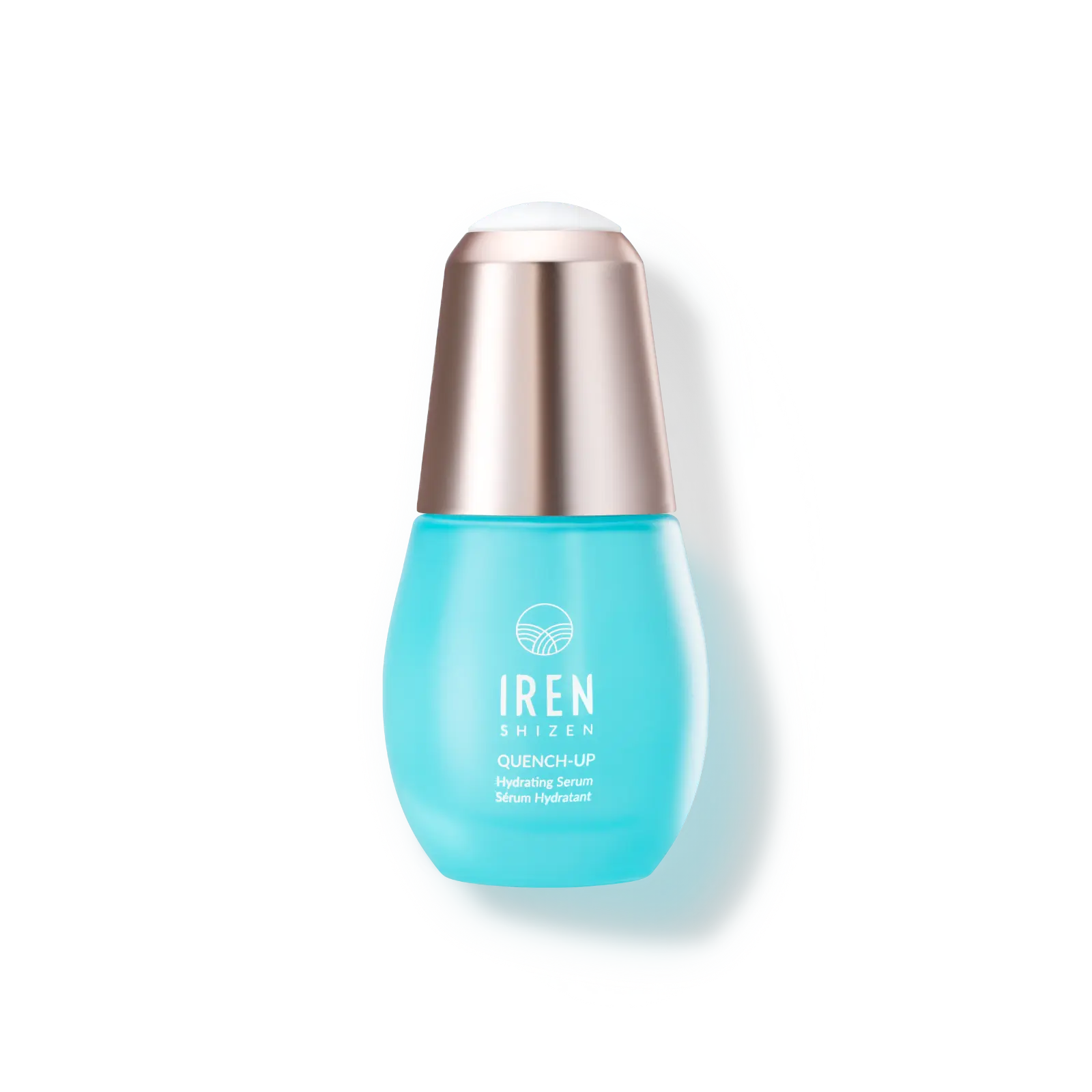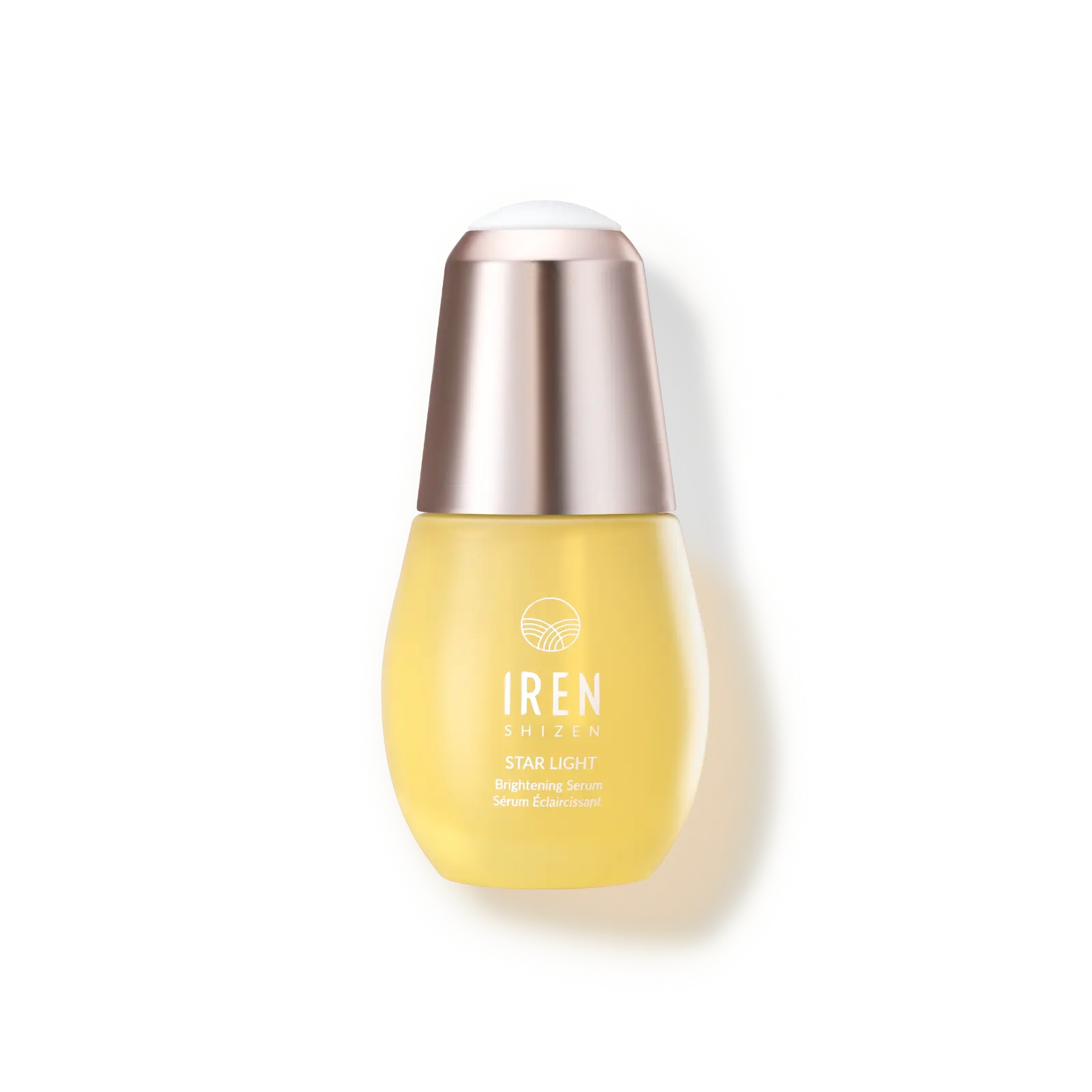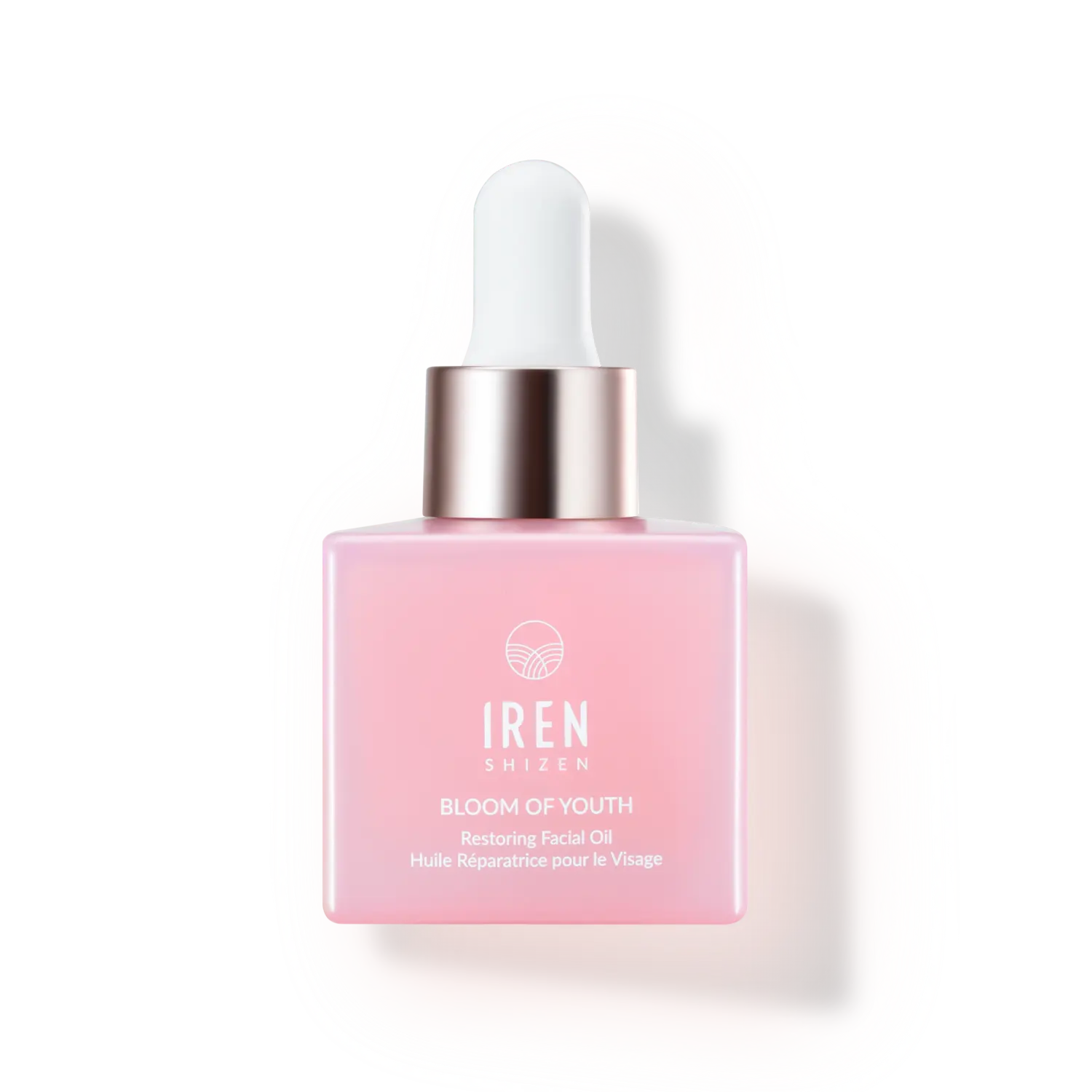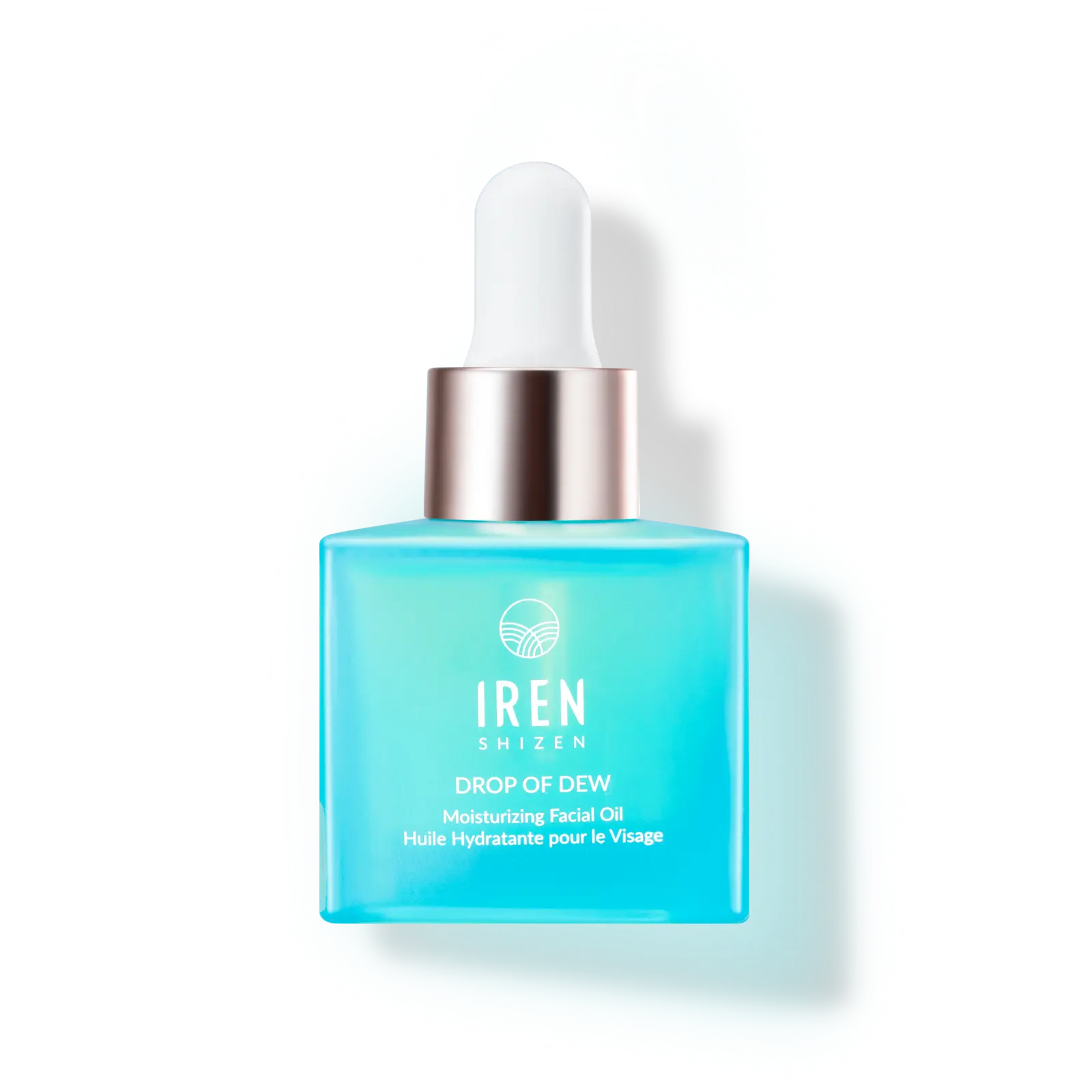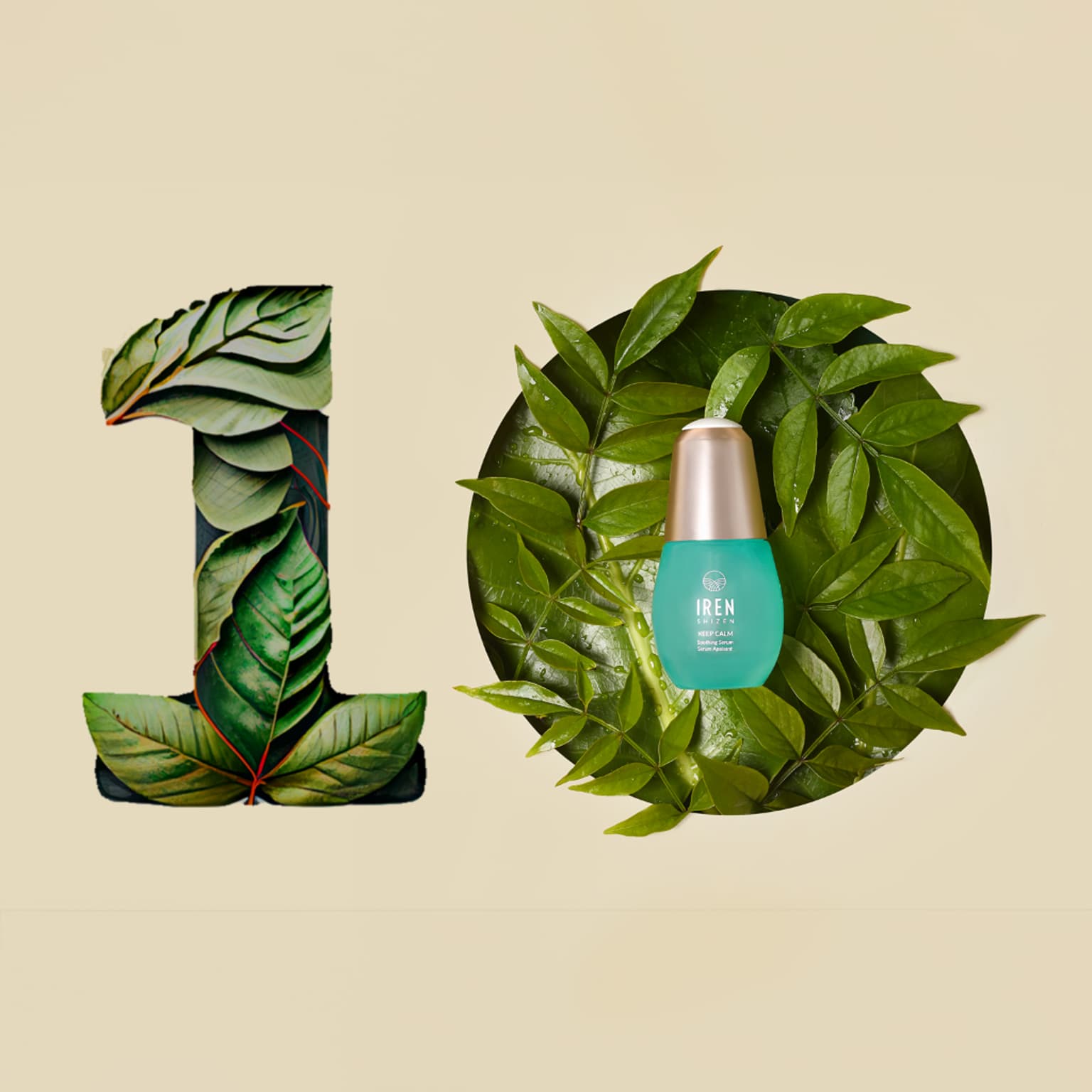We’ve all been there—conflicted about whether or not you should invest in a consultation with a dermatologist for the skincare-related questions that Dr. Google cannot answer. Lucky for you, we’ve consulted our resident dermatologist Kaori Ishikawa, MD, PhD, to dish all of the secrets dermatologists typically have you pay to ask them.
With over six years of experience in Japan and Italy as a practicing dermatologist, multiple certifications, and publications published, Dr. Ishikawa is currently doing a postdoctoral at the Department of Life Sciences and Systems Biology at the University of Turin.
Dr. Ishikawa’s Clinical Background
What first got you interested in skincare?
I had an interest in beauty since I was in elementary school in Japan. Growing up, I was ashamed of my appearance, particularly my body hair, and I wanted to look for ways to remove it. I also had acne from junior high to university, and suffering with it was the main reason why I wanted to become a dermatologist.
Was it hard to become a dermatologist?
It wasn’t challenging because I was interested in it. I found there to be tons of different aspects to dermatology as compared to medicine. While studying, I needed to know what symptoms belonged to what disease, and it was like a game in which I had to memorize a lot of things. Lots of mysteries also still exist within dermatology that have yet to be uncovered.
Did you already know about skincare before studying dermatology?
I was an amateur before dermatology. I had learned tips before, but going to dermatologist school helped me grow more confident in my knowledge of skincare.
Dr. Ishikawa’s Personal Opinions

What’s the one skincare product you feel people shouldn’t live without?
Moisturizer. For skin, it’s the most important.
Is it a necessity for everyone to see a dermatologist at least once in their life? When is a good time to start seeing one?
That’s a difficult question. If you have dry skin as a child, it’s better to see a dermatologist. Even if you have healthy skin and want to maintain it, it’s still better to see a dermatologist. When you become an adult, you should keep going.
How often should you visit a dermatologist?
If you have a problem with your skin, go twice a year. If you have no issues, go once a year to check for the presence of moles or eczema.
At what age do you think people should start investing in anti-aging products?
You should start using anti-aging products in your early 20s. If you want to look young and healthy in the future, you should start seeing a dermatologist as a young adult.
Is it too late to start investing in skincare if you’re older?
No. You can start whenever you want to start. For example, my mum wasn’t interested in skincare until I recommended her some products and helped her. And now her skin has improved. You can definitely start at any age.
What is your opinion on drugstore skincare? Do they work the same as the brands with a higher price tag?
It depends on the ingredients. Bigger brands, of course, look better in appearance and have good PR for their products, and sometimes can focus on those more than their ingredients itself. You should check the ingredients list for both carefully. Drugstore skincare can sometimes be better.
What are your thoughts on skincare apps?
I didn’t know about these before; I actually had to do my homework on them. Do be careful—these are good, but sometimes the opinions on such websites are not professionally written. Just be careful with it.
What is your main criteria when approving products?
I usually check the ingredients and see if they have been proven effective by tests.
Dr. Ishikawa Answers Specific Skincare-Related Questions

How do I know if my skin concern is eczema or psoriasis?
Psoriasis is more persistent and permanent. Eczema is often temporary; it disappears and appears. For both, you’ll need to see a doctor and get a professional opinion. You cannot self-diagnose them.
How do I treat melasma? What should I do?
Unfortunately, there’s no good treatment. If you can afford to take the pills, however, I recommend using tranexamic acid.
How to get rid of pitted acne scars?
You can treat it with a laser or do peeling.
Won’t that be harsh on your skin?
It depends on the kind of laser—it might not be that harsh. You can choose the level of harshness by selecting the depth of the laser to the epidermis. Of course, this cosmetic procedure costs money. Peeling is often cheaper and can reduce pitted scars, although not completely, but to some extent. I personally used peeling a lot.
We keep hearing about avoiding this or that food to achieve a better complexion. To what extent does our diet impact our skin’s health?
Your diet does affect your skin. I recommend avoiding oily and junk food like fried chicken, fries, and potato chips. Eating tons of fiber also helps to improve your digestive health and intestine, and in turn, improves your skin health.
How does birth control change your skin?
It honestly depends on your skin condition. In general, birth control is good for people who suffer from acne-prone skin as it can maintain hormone levels and reduce acne.
What impact does limestone from sink water have on the skin?
Oh, I hate limestone in hot water! I suffered with this when I first settled in Italy.
The presence of limestone on your skin can cause eczema, and when combined with soap residue, it can cause irritation and inflammation. Try to use other types of products like Avène water, bottled water or any kind of soft water instead.
Do you really need a daytime and nighttime moisturizer? What’s the difference?
Personally, I like to use different moisturizers for day and night because of the consistency and richness of them.
In the day, most women need to wear makeup and if you use a richer moisturizer (typical of night moisturizers), it’ll disrupt the makeup application process on your skin. A light moisturizer is still the best to use under makeup. Day moisturizers also tend to contain SPF, which is great for preventing sun damage.
If you have dehydrated skin however, it’s better to use a rich moisturizer at all times of the day.
What level of SPF (sunscreen) should you choose?
I recommend at least 30. And if you work outside or spend most of your time outside, use sunscreen with an SPF of 50+.
| Want Dr. Ishikawa to figure out your skin concerns? Consult her via our skin quiz today! |







